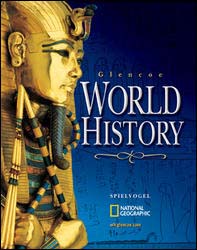1 A) in Athens. B) in Mycenae. C) on Crete. D) in Troy. 2 arête, or excellence, is achieved through __________A) study. B) honor. C) worship. D) struggle. 3 A) helots B) hoplites C) phalanx D) oracles 4 A) Dictators took over the rule of city-states. B) Many people now participated in government in some cities, leading to the development of democracy. C) The rule of city-states fell again to the aristocracy in all city-states. D) The city-states dissolved. 5 A) elected B) appointed C) military D) religious 6 A) direct democracy. B) oligarchy. C) tyranny. D) representative democracy. 7 A) an alliance between Athens and Sparta. B) a pact between Greece and Macedonia. C) a treaty between Athens and Persia. D) a defensive alliance against the Persians formed by Athenians. 8 A) a plague killed more than a third of the people in Athens. B) Sparta destroyed the Athenian fleet. C) the Athenians charged the Spartans outside the city walls. D) the Spartans were able to break down the city walls of Athens. 9 A) built temples. B) made use of oracles. C) developed festivals. D) developed a body of religious doctrine. 10 A) The Iliad B) The Odyssey C) Oedipus Rex D) The Oresteia 11 A) Socrates B) Pythagoras C) Aristotle D) Plato 12 A) returning home to Athens. B) building Alexandria, the Greek capital of Egypt. C) defeating the Persians in a decisive battle near Babylon. D) expanding his empire as far as modern Pakistan. 13 A) People native to each area were encouraged to participate in colonial government. B) Hellenistic rulers encouraged a massive spread of Greek colonists to Southwest Asia. C) Greek administrators, architects, actors, and others moved to the new Greek cities. D) All government business was transacted in Greek rather than native languages. 14 A) becoming the home for scholars of all kinds. B) its harbor. C) the library, which became the largest in ancient times. D) a museum that allowed for scholarly research.







